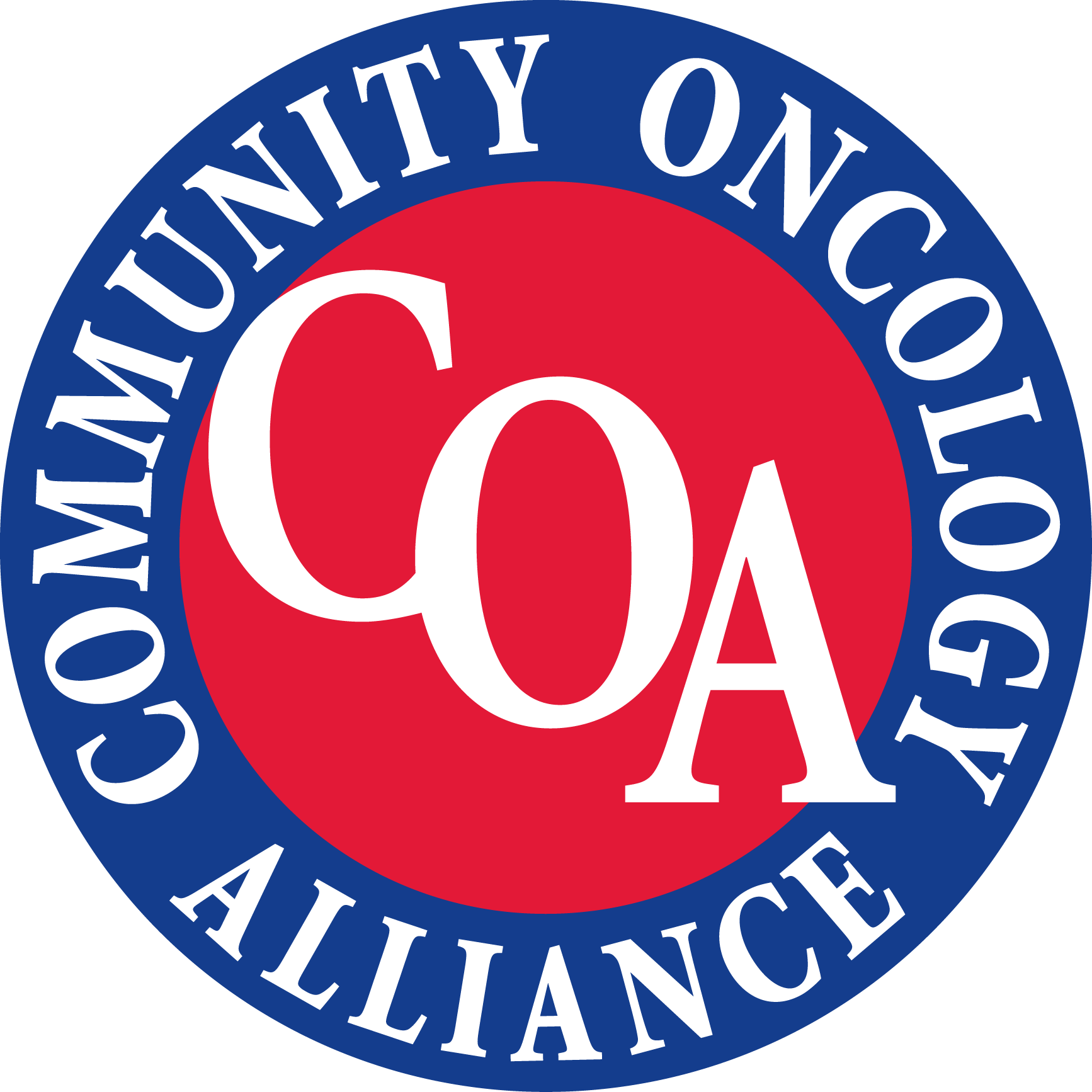
Collaboration Is Key to Success in Alternative Payment Models, Says COA’s Nick Ferreyros

The number one ingredient that an oncology-based alternative payment model needs to succeed is collaboration, explained Nicolas Ferreyros, managing director of policy, advocacy, and communications, Community Oncology Alliance (COA).
The number one ingredient that an oncology-based
Transcript
What are some potential value-based care qualities that an oncology-focused APM needs to succeed and have significant enrollment?
I think the number one ingredient that an oncology-based APM needs to have to succeed—whether this is government-driven, private, through an insurer—needs to be collaboration and working with the stakeholders and participants, particularly the practices. They are the ones these days, especially with downside risk, who have to have the most “skin in the game.” You are asking them to take significant risks that sometimes could be practice ending if they are not able to manage costs and manage patient care.
So, you need to have a collaborative discussion with them and with all the stakeholders in the community about what the model looks like, what are the inputs, what are the variables that they can control, and how the everyone in the entire ecosystem can work together to succeed.
The EOM [Enhancing Oncology Model] is something that we at the Community Oncology Alliance were a little concerned about. In the lead up to it, there were significant questions about its structure and particularly
We had polled our practices and
The lack of practices that carried over from the OCM [Oncology Care Model] to the EOM, I think, is a really, really incredible and scary indicator for the promise of where this might go. Granted, we're still very early in the program, there's still a lot to see, and we're not hearing a ton right now about practices ready to leave immediately. But there still remains a significant concern [and] significant skepticism around this program.
Another element of the EOM that I think practices are very concerned about is
We've all been in that position where we have seen something or someone that we want to help and been unable to do that. Now, put yourself in the shoes of an oncologist who sees a patient, who's told that they're homeless or they can't feed themselves or they can't feed their dogs. Those are very real things that community oncologists face every day.
CMS has done a great job of building the structure and indicating that we're going to go to a place where we can track and report and measure those things. But they are not offering any solutions for how we actually address those things and any additional payments that practices are going to be able to get to do that. In fact, it cut the MEOS [Monthly Enhanced Oncology Services] payments [that OCM had]. So, that is an area where I think you're going to see significant concern from practices; one that we're seeing already.
Newsletter
Stay ahead of policy, cost, and value—subscribe to AJMC for expert insights at the intersection of clinical care and health economics.








